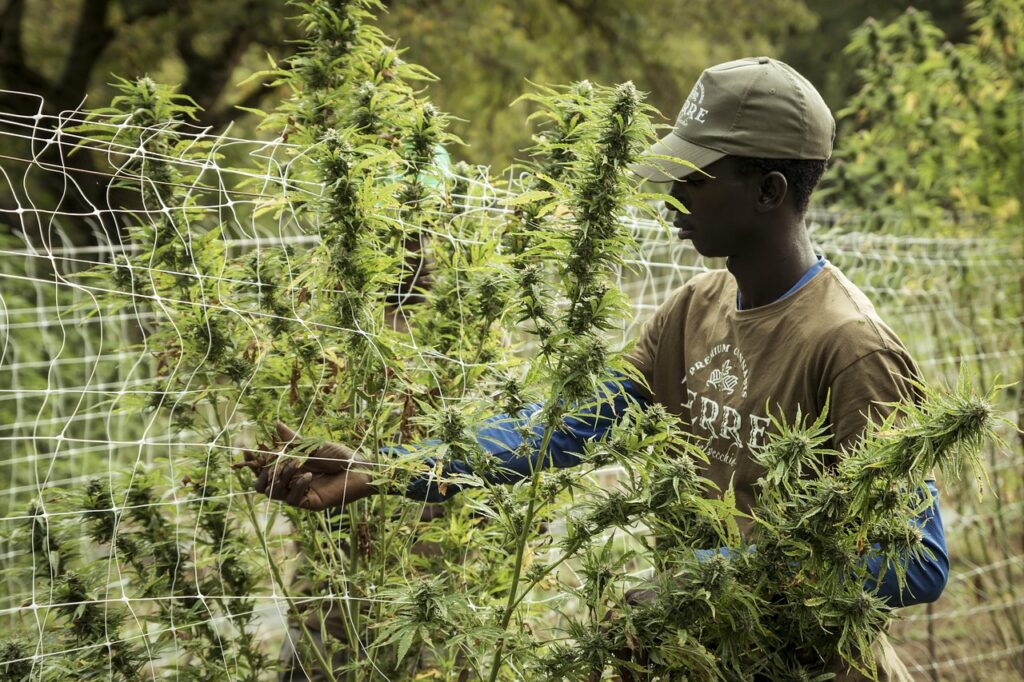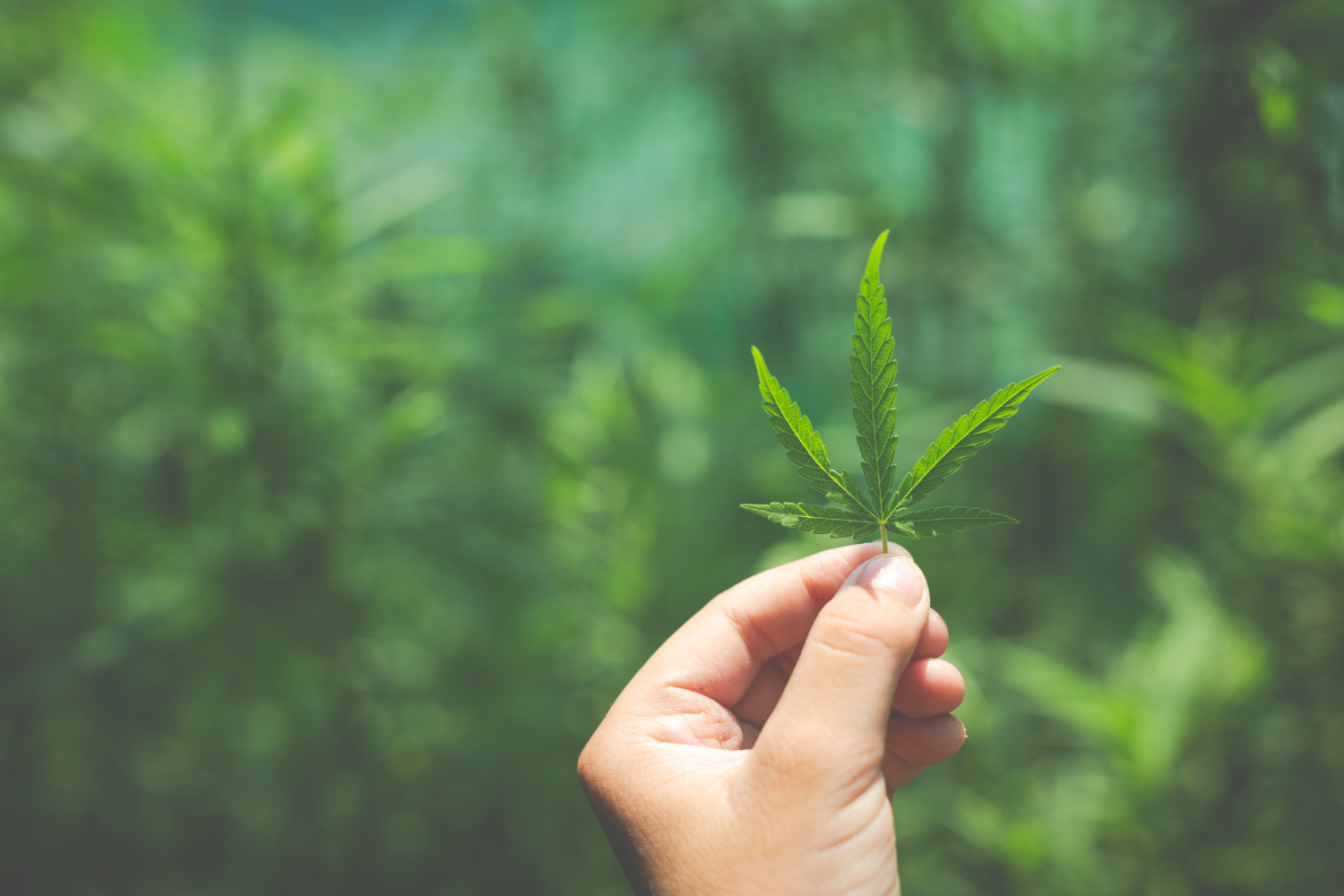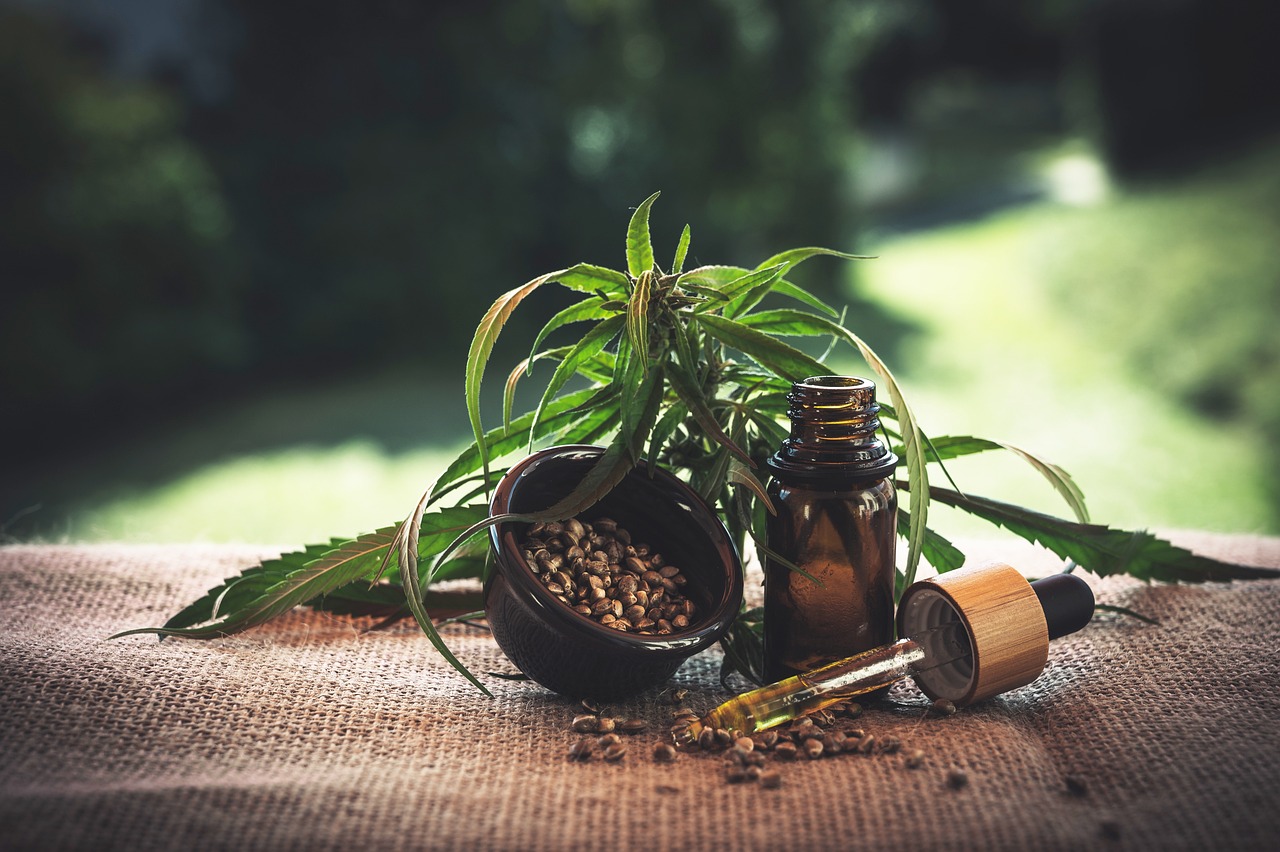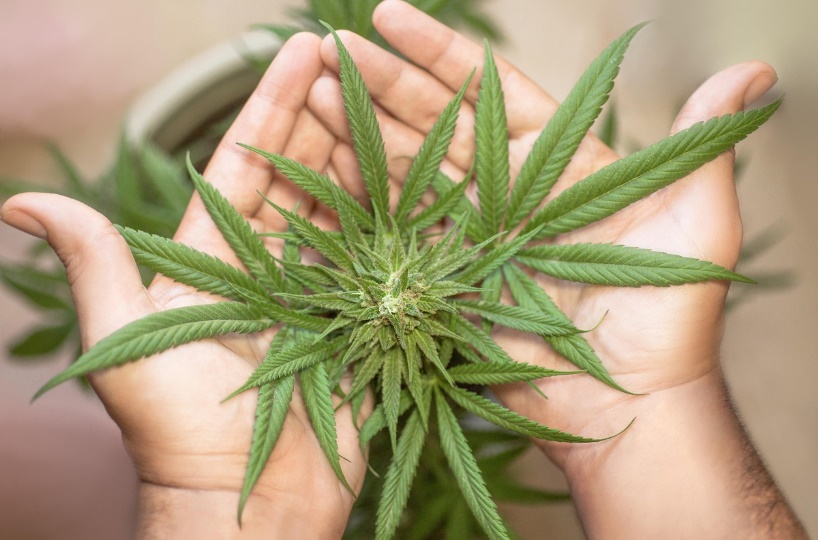
As a medical doctor in Colombia specializing in medicinal cannabis, I have witnessed firsthand the transformative power of this plant, both for patients and for our nation. For decades, Colombia has been synonymous with the illicit drug trade, particularly cocaine. However, the legalization of cannabis cultivation represents a significant shift in strategy, offering a potent weapon against the very forces that have plagued our country for so long. The question is not just about legality, it’s about strategy: Why is it legal to cultivate cannabis in Colombia? And how does this legality weaken drug trafficking organizations?
The answer lies in understanding the economics of the illicit drug trade and the impact of a regulated legal market. For years, the prohibition of cannabis created a lucrative black market, fueling violence and corruption. Narco-trafficking organizations thrived in this environment, controlling production, distribution, and generating enormous profits. This illicit market destabilized the nation, and corrupted its institutions. Legalization, particularly for medicinal purposes, disrupts this model in several crucial ways.
Firstly, it shifts production from the shadows to the light. Law 1787 of 2016 established the legal framework for the cultivation, production, and distribution of cannabis for medicinal and scientific purposes in Colombia. This law allows licensed companies to cultivate cannabis under strict government regulation, ensuring quality control and traceability. By bringing production into a regulated environment, the government can effectively monitor and control the industry, reducing the space for illegal operations.
Secondly, legal cultivation creates economic opportunities that compete with the illicit market. The burgeoning legal cannabis industry generates employment, tax revenue, and investment. Farmers who previously relied on coca cultivation, often under duress from armed groups, now have a legal and viable alternative. This shift in economic incentives weakens the grip of narco-trafficking organizations by reducing their recruitment pool and undermining their control over rural communities. This creates the needed social fabric to have a real and tangible change.
Thirdly, legalization allows for the development of medicinal cannabis products that can address public health needs. Colombia is a land with a huge potential and variety of strains, and with this comes the potential to export and create new medications. My practice focuses on leveraging the therapeutic potential of cannabis to treat conditions such as chronic pain, epilepsy, and anxiety. Legal access to high-quality, standardized medicinal cannabis products provides patients with safe and effective treatment options, reducing reliance on the illicit market for self-medication, a market that doesn’t have the needed controls.
Furthermore, the international perception of Colombia is changing. By embracing legal cannabis cultivation, Colombia is repositioning itself as a leader in a rapidly growing global industry. This shift attracts foreign investment, promotes research and development, and fosters international collaboration, all while moving away from the stigma of the drug war.
However, the transition to a legal market is not without its challenges. Ongoing efforts are needed to ensure equitable access to licenses, support small farmers, and combat the persistence of illegal cultivation. Strengthening regulatory frameworks and continuing to invest in research and development are also crucial. Law enforcement is needed to deter those still operating in the illicit market and to bring them to justice.
In conclusion, the legalization of cannabis cultivation in Colombia is not merely about permitting the use of a plant; it is a strategic move to dismantle the economic engine of drug trafficking. By creating a regulated market, generating legitimate economic opportunities, and addressing public health needs through medicinal cannabis, Colombia is taking a bold step towards a more peaceful and prosperous future. The path is not easy, but the potential benefits for our patients, our communities, and our nation are undeniable. Legalization is a key component in reclaiming our country from the grip of the illicit drug trade and building a healthier, more secure future for all Colombians.
If you have any questions, please contact Dr Rocio Vargas at Is Weed Legal In Colombia, and she will be in contact with you soon.




